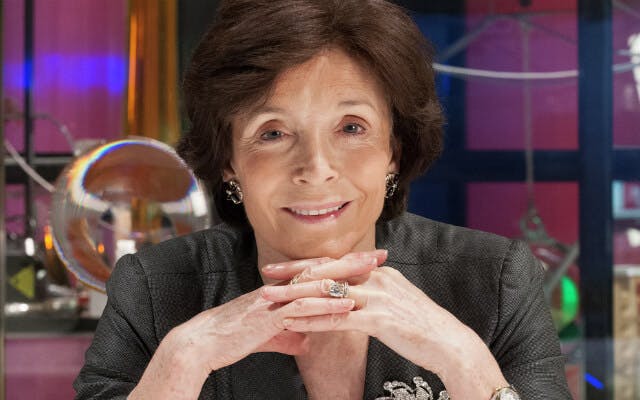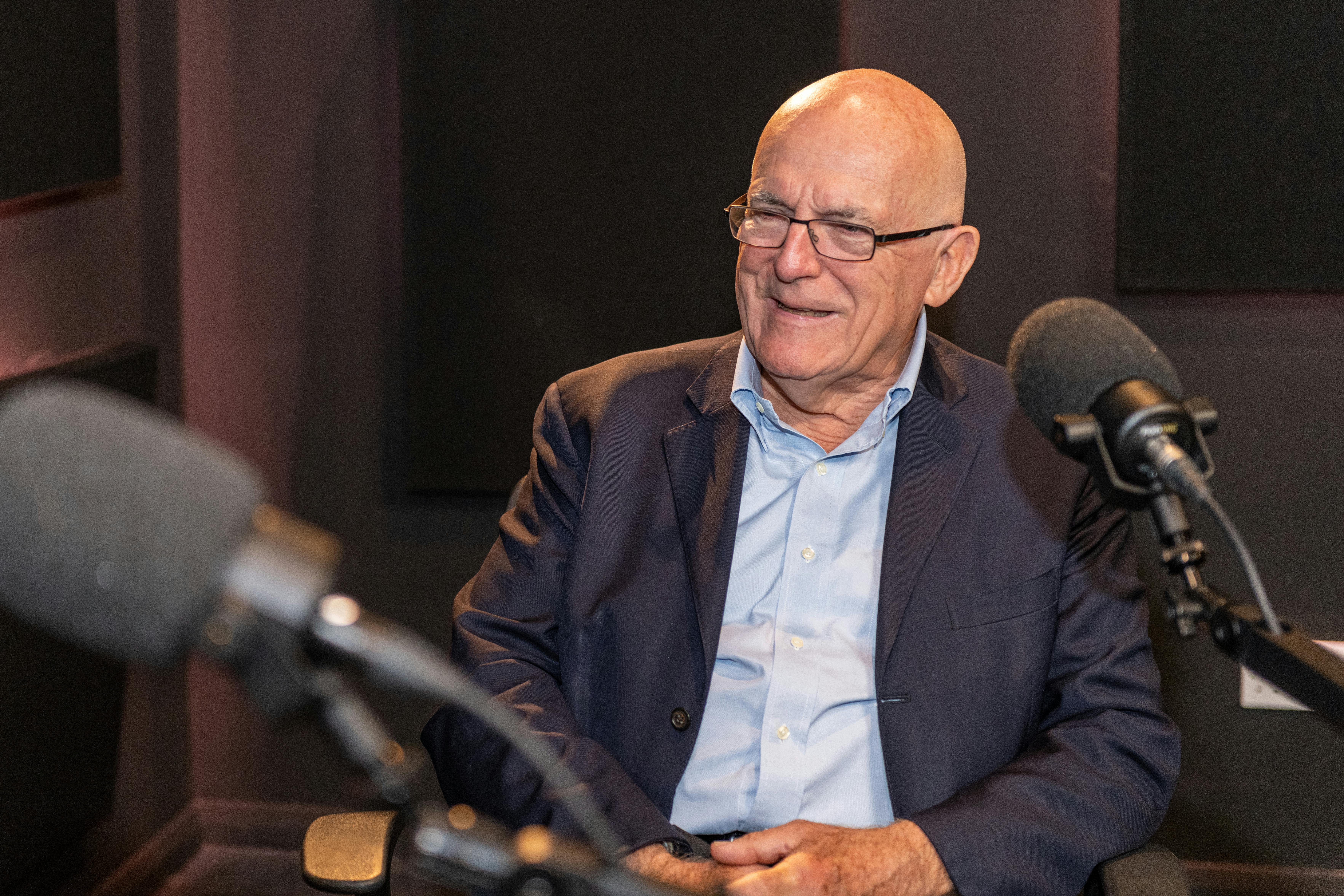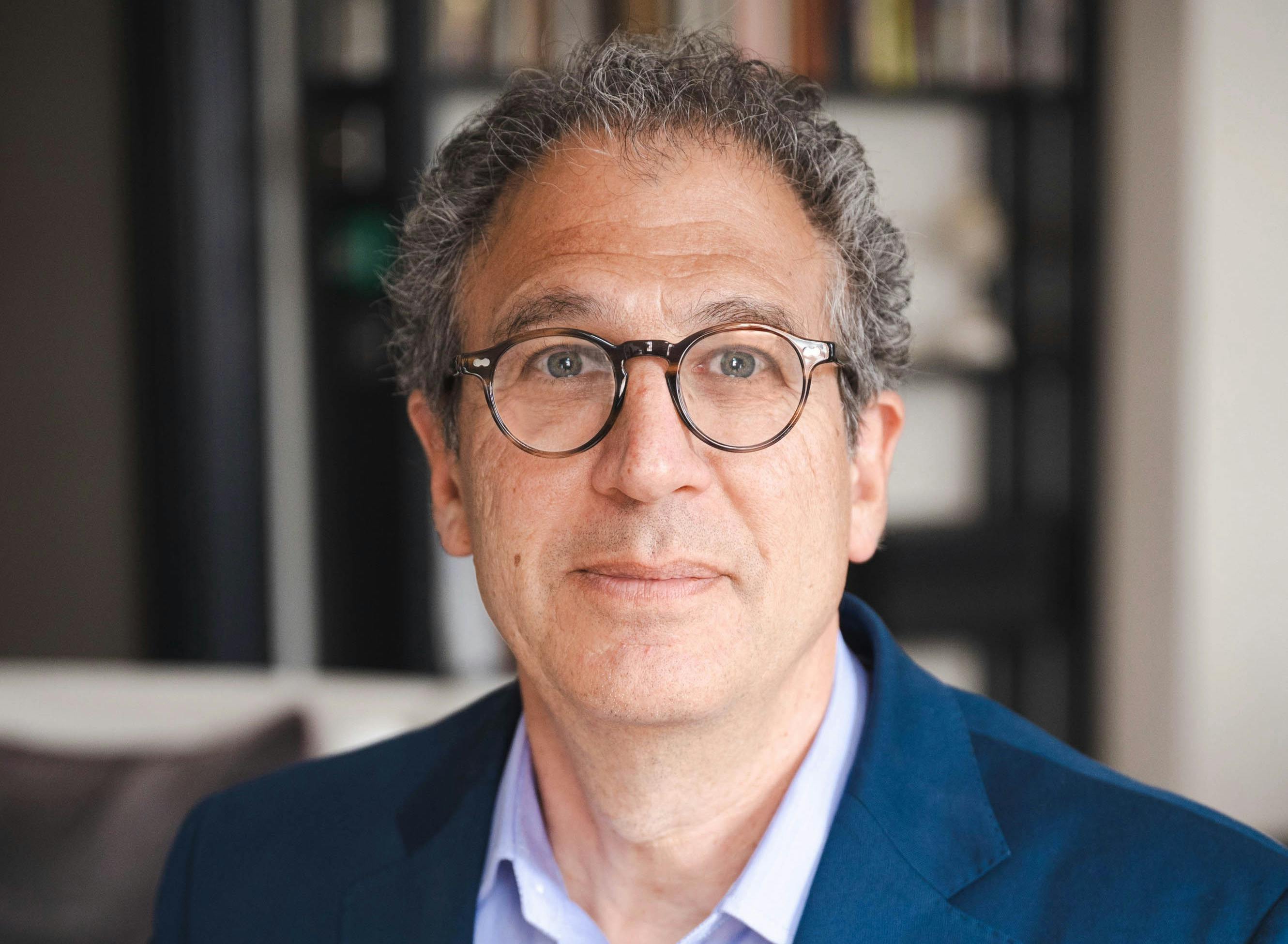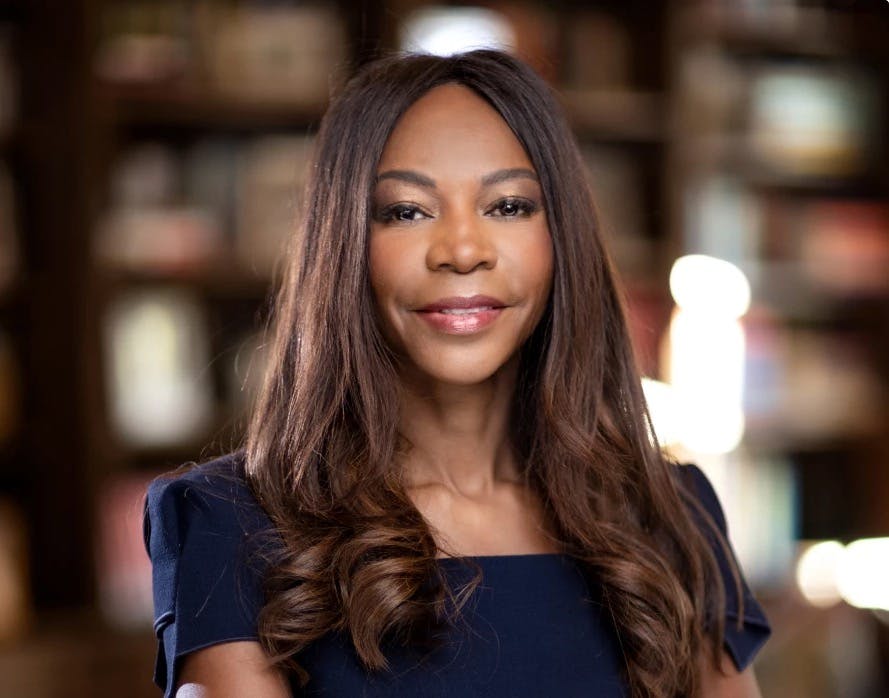
How to sit on a third sector board | In conversation with the Founder of the National Energy Foundation, Dame Mary Archer and Susan Boster
Dame Mary Archer DBE, academic, Founder of the National Energy Foundation and Science Museum Group Chair, shares her insights on what it takes to sit on a third sector board.
Dame Mary Archer DBE completed a PhD at Imperial College, London, followed by two post-doctoral fellowships at Oxford and The Royal Institution. She taught chemistry for ten years at Newnham College and Trinity College, Cambridge. Leaving full-time teaching in 1986, Mary developed a diverse portfolio career which included membership of the Council of Lloyd’s of London and the board of Anglia Television and serving as the Visitor of the University of Hertfordshire. She was Chairman of Cambridge University Hospitals NHS Foundation Trust from 2002 to 2012. She founded the National Energy Foundation and co-founded the UK section of the International Solar Energy Society. She is currently President of the Guild of Church Musicians and Addenbrooke’s Abroad (now Cambridge Global Health Partnerships) and chair of the Science Museum Group. She is also a Non-Executive Director of the Britten Sinfonia and Hydrodec Group plc. She is a Companion of the Energy Institute and was awarded the Institute’s Melchett Medal in 2002. In 2007, Mary was also awarded the Eva Philbin Award of the Institute of Chemistry of Ireland, and in 2012 was appointed DBE for her services to the NHS.
What boards, private and third sector, do you currently sit on, and which have you sat on in the past?
I have held Trustee roles since the nineties after I stopped teaching at Cambridge, taking on the role of Chair of the Cambridge University Hospitals NHS Foundation Trust, which is neither third sector nor corporate but I suppose you would call that a government body. The role that takes up most of my time now is chairing the Science Museum Group’s Board of Trustees. In terms of corporate, I am currently a NED at Hydrodec plc which recycles used oil and is a green company, and I also sit on the board of a number of other bodies, including the Britten Sinfonia.
Why did you choose to join the board of a cultural organisation?
I joined the board of the Science Museum Group after seeing it advertised on the Cabinet Office website because it is such a good marriage of my deep and abiding passion for science, given I spent years studying then teaching chemistry, and my interest in engaging the public in science, which dates from the time of my postdoc at the Royal Institution. The role of Chair came up in 2015 and I feel very lucky to have been selected.
What are the key differences between your experiences on corporate boards and third sector boards?
Thinking back to my time at Anglia Television (prior to the ITV merger) and my current role at Hydrodec, one obvious difference is the private sector’s priority of profit becomes a break-even motive in the third sector – you are not trying to maximise value in a financial sense or pay out dividends, but you are of course publicly accountable for the money you do get. In case of Cambridge Universities Hospital Trust, they receive a large sum from the taxpayer, and two thirds of the Science Museum’s funding comes from the government as grant in aid, and so we are accountable to the government and the public in spending that money wisely. In terms of breaking even or not making a loss, we want to be here in a few years’ time and hopefully 100 years’ time, so we have to think carefully about financial sustainability. If we want to refresh or create something beyond the scope of the grant money that covers our operations, we need to look for sponsorship, and therefore have a level of accountability to our partners.
Beyond the financial approach, in cultural organisations you have a much broader base of stakeholders; in a private or public company you can have a range of shareholders, but thinking of the stakeholders to whom the Science Museum Group is accountable, first and foremost are the 5 million visitors we welcome per year. We are responsible for displaying our fabulous collection and igniting wonder at science and technology; to that end, I think that the board and particularly the chair have a more ambassadorial role in the third sector, and it's helpful if the chair is a known figure associated with the organisation.
What are the key qualities for a good board member in the arts/charity sector?
The fundamental thing is an interest in, and at least reasonable knowledge of, whatever the organisation does, and a sympathy for it. One wouldn’t join the board of the Britten Sinfonia if one were tone-deaf and didn’t know Mozart from Tchaikovsky. You want a diverse board in terms of skills, and you want diversity in terms of experience – a spread of ages is ideal so that you can have a diversity of opinions.
What is the most unexpected lesson you have learned from your experience on third sector boards that you have then used for your NED/similar positions?
I was initially surprised by how much patience and resilience you need, particularly as a chair, to deal with the constant level of generally smallish problems arising. You also need some discretion – there are 18 people sitting on the board of the Science Museum, and producing a cohesive team with diverse points of view but mutual respect can take some people management. The discussions on corporate boards tend to be more focused, but I think that the skills of being a good listener and having resilience have placed me in good stead within the corporate world.
What is the biggest challenge your arts/culture/charitable organisations are facing right now?
I don’t think the same challenges present in the same order across the board; for the Science Museum Group our greatest challenge is that we have wonderful plans and ambitions, but our organisational capacity is of course constrained by budget and the skills of the people we have. We are always looking for money, but I wouldn’t say that is our greatest challenge. Political challenges are certainly present, and government policy shifts and uncertainties attached to Brexit bring difficulties. That is producing a kind of anxiety, and certainly, in some cases, projects that would otherwise be moving are stalled. Whatever eventually happens, we are a body of government and will work with it.
What is your advice to someone joining their first board in any sector?
Be sure that you buy into or support whatever the organisation you have chosen does, and furthermore make sure that when you get to know them that you think you will like and respect the key players, especially the chair and the executive. I recommend that you ask to have a look at old board papers, and, if you can, visit whatever facilities they have. Do your homework, in essence, and don’t jump in blind. Be prepared to ask questions for some time; you’re joining a fast-flowing river and it will not slow down just because you’ve jumped in.
Susan Boster is the founder and Managing Director of Boster Group Ltd. an independent marketing consultancy that creates innovative brand partnerships for global corporations and cultural institutions to achieve business and social impact goals. Current and recent clients include BNP Paribas, Montblanc, Insight Investment, Moët Hennessy, AMEX, Gap Inc., Credit Suisse, Bacardi, EY and Disney. Boster Group shapes partnerships on the basis of shared values, untapped assets and complementary capabilities. Distinctly, Boster Group measures return on investment for its clients and is focused on the impact of the creative campaigns it develops. Previously a CMO for News International, Susan is currently on the boards of English National Ballet, Donmar Warehouse, The Representation Project, and serves on the Enterprise Committee at The Design Museum.
Nurole is the global platform changing the way organisations bring the best people on to their boards. Find out how it works for talented people looking for the best board level positions, and for organisations looking to hire the best board level talent.





